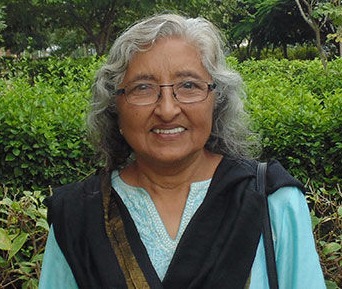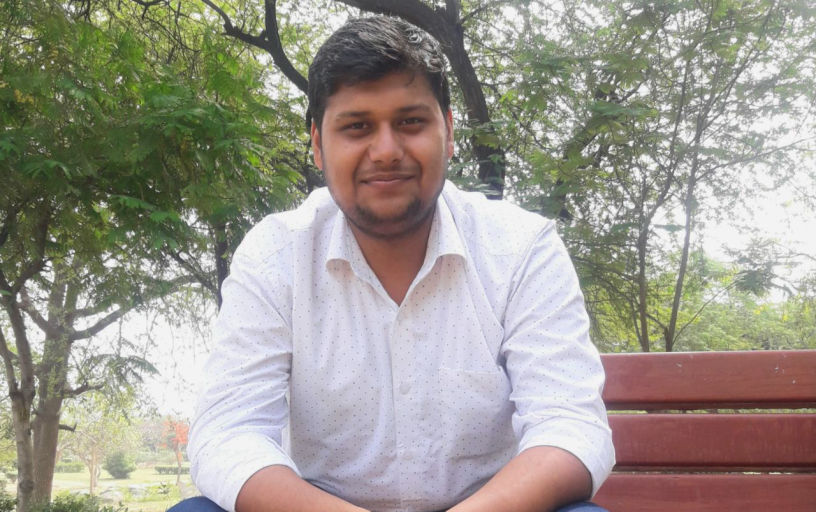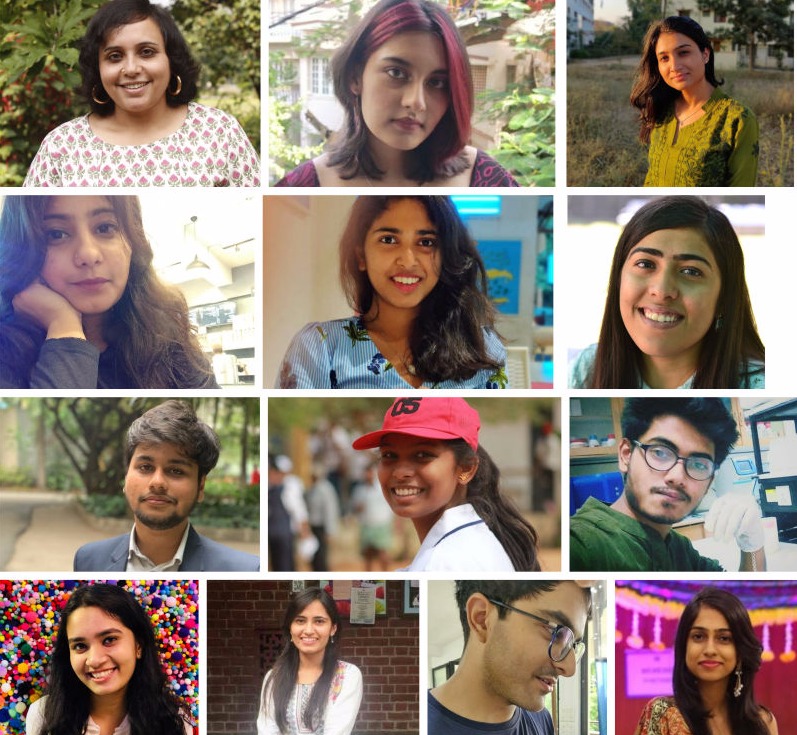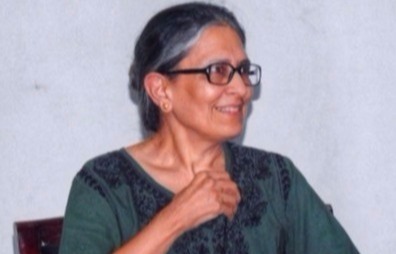My father, now 92, is not from a generation where expressions like thank
you are commonly used. Instead, his gratitude is carefully hidden in his
actions. If you dont look for it, you will not hear it. Most of our interactions in the kitchen proceed without a word spoken. I make idli for him every morning and leave it on the side of the kitchen counter where he cant miss it. He quietly takes his breakfast downstairs to eat while watching his favorite Sun TV program. Lunch is more irregular and depends more on my mood than schedule. For dinner, my father will make
himself some oatmeal with yogurt. Of course, his simple meals are always
garnished with coriander chutney.
Fresh coriander leaves are an important condiment in Indian cooking similar to
the use of basil leaves in western cooking. It has the power to turn an ordinary cook into a chef. Vegetable vendors in Southern India often give away few stems of fresh coriander, for free, to his customer to build good customer relationships. The value of coriander leaves in Indian cooking is also inflated by its
sensitivity to heat. Before refrigerators became commonplace, fresh coriander delivered to stores in the morning would dry out by noon. As a result, to garnish dishes with fresh coriander, one had to buy them every morning. My ex-husband used to impress his mom by making daily coriander runs (though I’m sure she knew he was just stepping out to smoke a cigarette).
The ritual for making coriander chutney in the shared kitchen is worth
mentioning. To show my Dad that I care, I routinely stuff my grocery cart with extra bundles of fresh coriander. I usually cut the tough stems of coriander bundles and wash the tender part for storage. I leave the stems on the side of the kitchen counter where my father fixes his lunch. My father, at his leisure, will turn the stems into very tasty chutney. Last week, the coriander stems remained on the counter for more than two days. Perhaps my father was sick or there were TV shows that he didt want to miss. In any event, I placed them into a Ziploc bag and put it in the refrigerator to prevent them from drying further. The next morning, not finding the stems, my father asked for chutney, certain that I must have made it. I gave him the stems again and, to manage his disappointment, I said that his chutney tastes better than mine. Furthermore, to cover my guilt, I decided to help him dry the chutney by putting it in the oven. It
wasnt until halfway into my drive to San Diego later that afternoon that I remembered that the chutney was still in the oven. Now, drowning in my own guilt, I called my father to reveal the secret location where I usually hide extra coriander bundles. Upon my return, I tasted my father’s chutney and was glad that everything had worked out in my absence.
A few days later, while gathering all the ingredients for sambar, sure
enough, I could not find any fresh coriander. After a few moments of irritation that my father used up all the leaves for making chutney, I resumed cooking without the coriander. As I cooked though, my mind refused to believe that my father would have used up all of the coriander. In my mind, anyone with an ounce of familiarity in Indian cooking would know to save some for later. With renewed fervor, I dove into my refrigerator to see if my father had left any. It now meant more to me than simply garnishing sambar; finding some coriander would prove that my father cared for me in the same way I did for him. I finally found an unusual small plastic wrap in the refrigerator door. I opened it with a mixed feeling of guilt and anticipation. Inside I found six stems of fresh coriander packed with care. With tears in my eyes, I just mumbled I love you, Dad“
which, of course, he will never hear.



